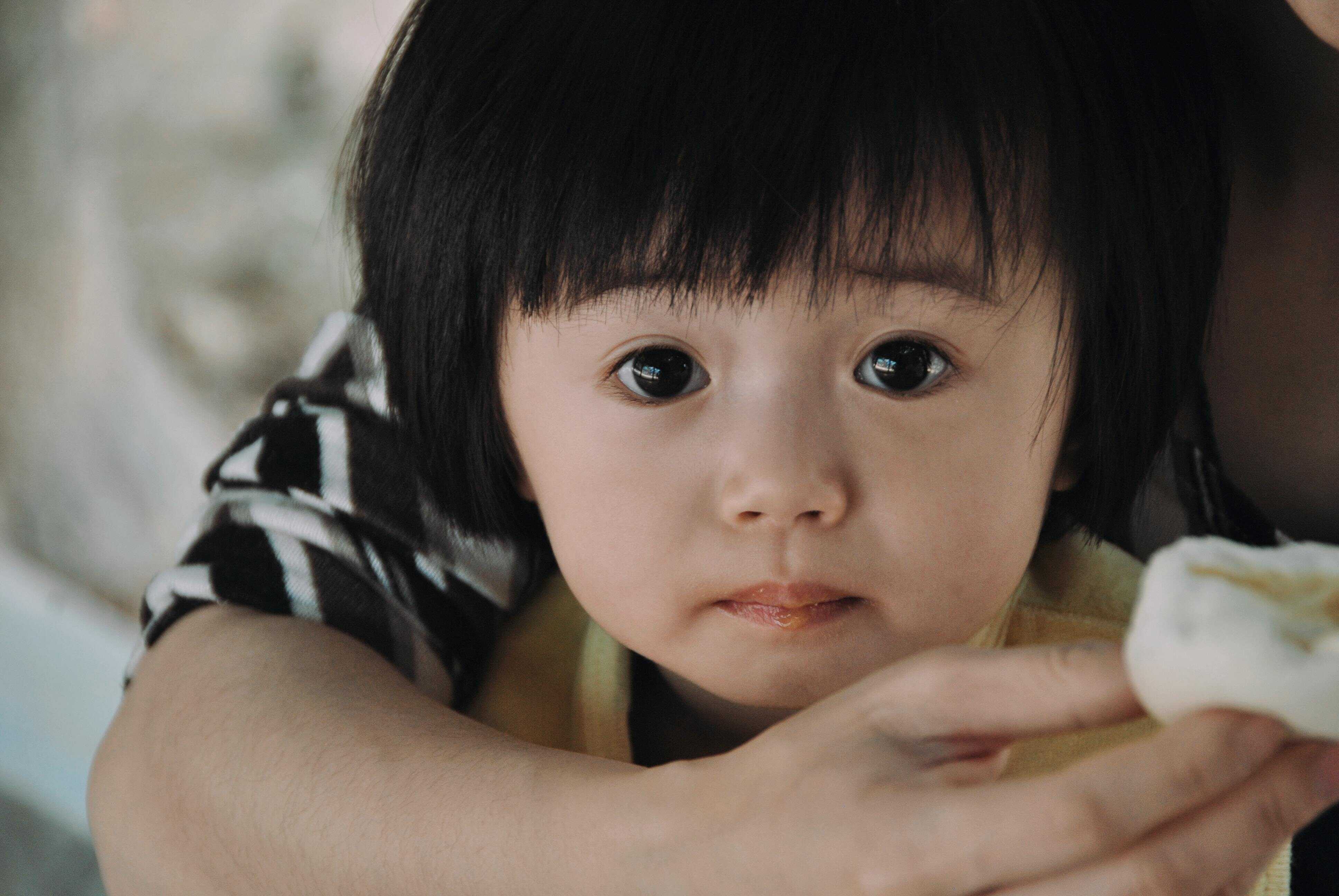Reference: Liming, K. W., Brook, J., & Akin, B. (2021). Cumulative adverse childhood experiences among children in foster care and the association with reunification: A survival analysis. Child abuse & neglect, 113, 104899. https://doi.org/10.1016/j.chiabu.2020.104899
Do adverse childhood experiences (called “ACEs”) affect kids in foster care? ‘ACEs’ are verbal, physical, and sexual abuse, domestic violence, household mental illness or substance abuse, incarcerated household members, and parental separation or divorce. Researchers asked, What impact do ‘ACEs’ have on kids reuniting with their families? They assessed ~3,000 US children in foster care, ages 6–18, for exposure to adverse events over 4 years. Researchers measured how quickly these children in foster care reunited with their families. Results? Children in foster care with more ACEs were less likely to reunite with their families. Those with 10 or more ACEs were 42% less likely to reunify. At the study’s end, only 35% of foster children reunify with their families, 18% were adopted or under guardianship, and 47% remain in foster care likely due to the child’s family not being able to provide child safety. Yet, Let’s educate and help all parents know how to raise healthy, kind children without physical punishment, the harm of verbal or sexual abuse. Let’s train foster parents to make sure foster children feel loved and learn to respond to kind correction without fear of harsh punishment or humiliation.
Written by Kristin M. Harris, Ph.D.

